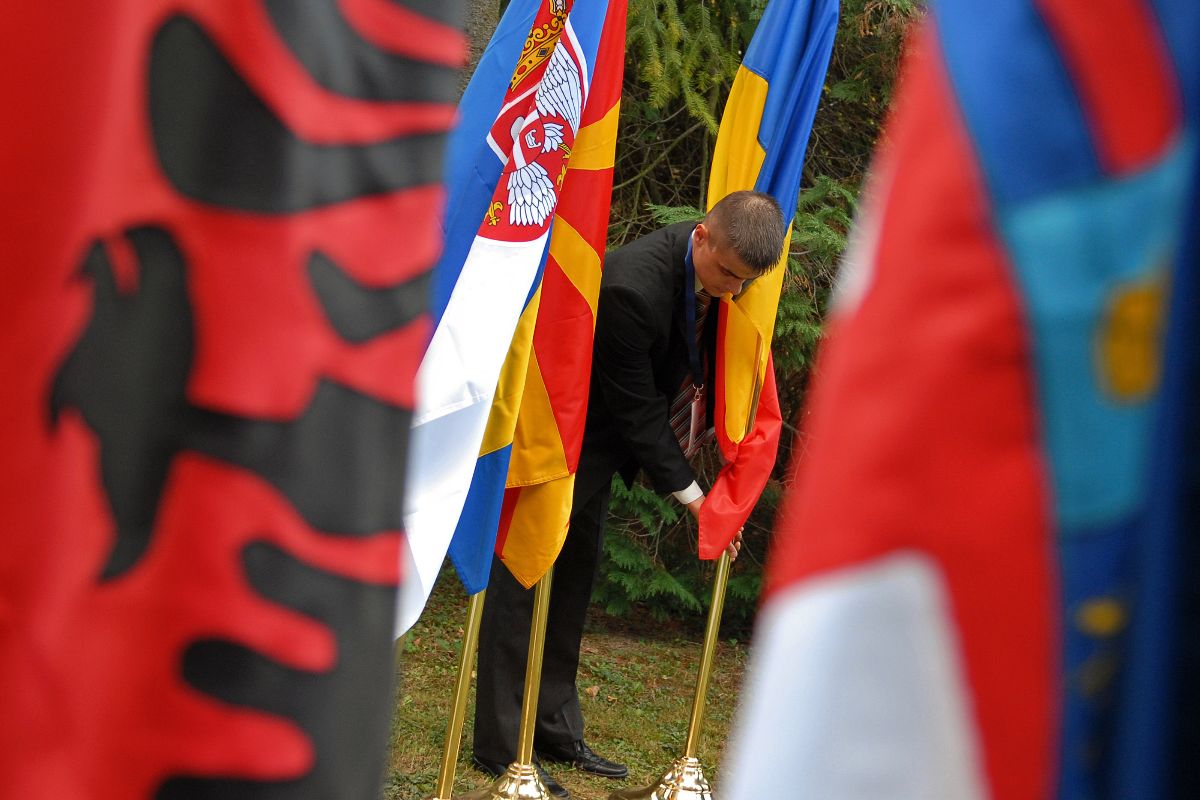

Two European Commissions have completed their mandates without enlargement in sight and no candidate country is currently even close to membership in the European Union. With the outbreak of the war in Ukraine and the launch of the Growth Plan, enlargement policy is again high on the EU’s agenda.
However, this needs to be followed by institutional and staffing solutions, primarily in the European Commission, and especially when it comes to the Commissioner for Enlargement. Likewise, it is important that, in light of constant political turbulence in the EU as well as globally, its member states, recognize the enlargement policy as an instrument for strengthening the Union, and not vice versa.
The European elections only partially changed the balance, since the European Parliament was not entirely shifted to the far-right as feared. Overall, the EU did not lean far-right, but the shift is significant in key member states, in particular France and Germany, and some member states that are traditionally skeptical when it comes to accepting new members (the Netherlands, for example). It is also discouraging that a turn to the right also took place in some countries that until now firmly supported enlargement, such as Austria.
This is what needs to happen to put the enlargement back on the right track and deliver the promise to Ukraine, Western Balkans, but also to Moldova and Georgia:
• Enlargement policy must be one of the priorities of this European Commission with a clear political plan that would accompany the Growth plan for the Western Balkans and other key policy instruments for other candidate countries. The main message should be that enlargement is in the political, geopolitical and economic interest of the EU which should be accompanied by defining 2030 as a clear time horizon for it to happen.
• It is necessary to recognize the reality and send political messages through certain technical changes. Therefore, DG Near should be transformed into DG Enlargement, as was the case before. Within the newly formed DG, separate units for the 10 candidate and potential candidate countries should be created whereas all other countries and regions (Southern Partnership) should be transferred back to be dealt with by the European External Action Service and different DGs within the European Commission (DG INPA International Partnerships and others).
• The possibility of the Union expanding in five years should be recognized and planed in the next budget cycle.
• The next Enlargement Commissioner should come from a member state that has political weight in the EU, being simultaneously strongly pro-enlargement and placing an important emphasis on the rule of law and overall democratic reforms of the candidate countries.
• The next Enlargement Commissioner should not come from a member state that does not fulfill the Copenhagen criteria and other core values on which the EU is built.
• The next Enlargement Commissioner should be a prominent personality with a proven personal track record supporting the rule of law and democracy.
Enlargement policy, as one of the most successful EU policies, is also the key instrument by which the Union can prove that it is "back on track", that its transformative power is "alive and well", that it is capable of exporting democracy and safeguarding it on all levels. In order to achieve this, it is necessary to start from a proper framework and apply the same instruments wherever it is necessary to protect democracy and human rights.